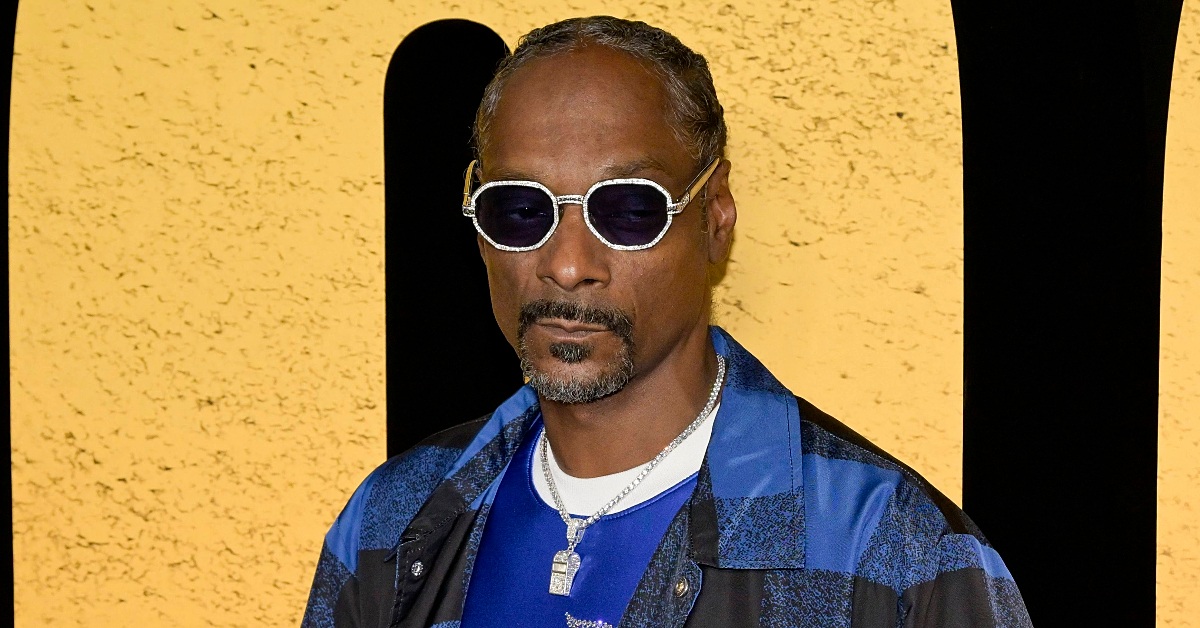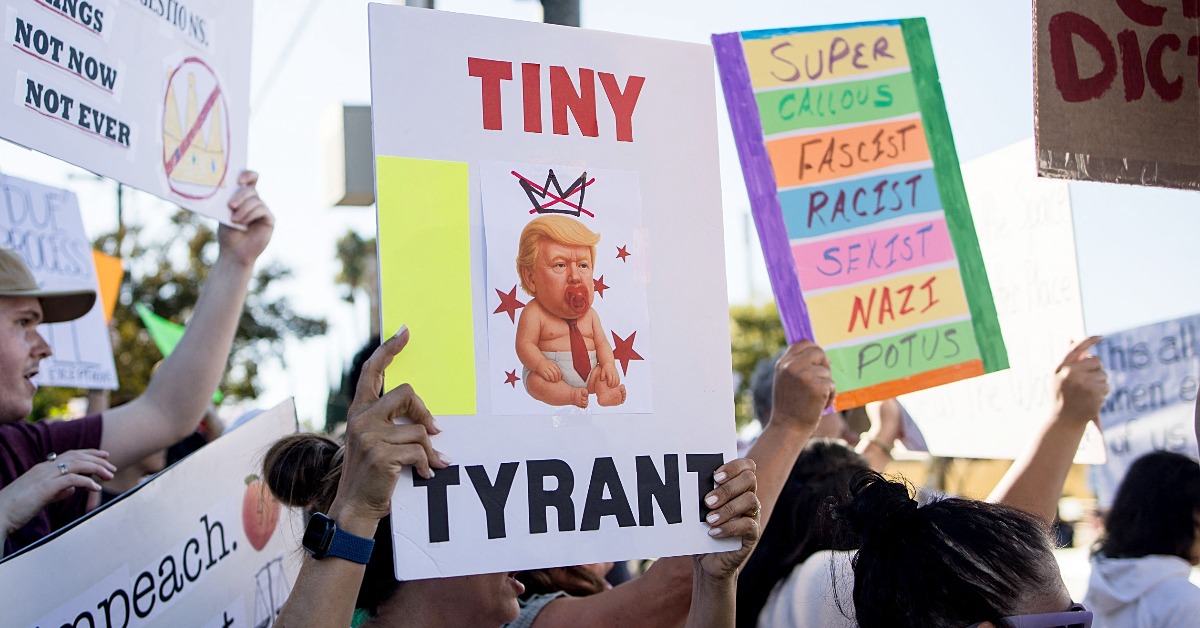BY: LBS STAFF
Published 7 years ago

Last week Facebook announced that they are clamping down on groups and pages serving anti-vaccine misinformation.
This move comes in the wake of an ongoing measles outbreak in Clark County, Washington. As a result of the crisis in Washington, the social network has received widespread criticism for the volume of “anti-vax” propaganda appearing in users’ News Feeds. The company has also promised that it will stop allowing targeted ads to reach people whose algorithm suggests that they are interested in “vaccine controversies.”
The major issue with how information travels on Facebook is that posts tend to bounce around in an echo chamber. As a result, these groups and pages stoke paranoia and the spread of false information, reinforcing myths like the idea that there is a link between autism and vaccines. In a strongly worded letter from Democrat Adam Schiff, the California Representative called this behavior “a direct threat to public health.”
In response, Facebook has promised to stop promoting anti-vax pages in auto fills and recommendations. In addition, they’ve also pledged to start turning away anti-vax advertising and are dropping related targeting options. When asked why they didn’t choose to shut down these pages completely, a Facebook spokesperson said:
“Counter-speech in the form of accurate information can help create a safer and more respectful environment. As with a lot of our integrity efforts, striking the balance between enabling free expression of opinion and ensuring the safety of the community is something we are fully committed to.”
In the statement, the spokesperson also vaguely mentioned plans to promote evidence-based information about vaccines. However, these measures are still in development and Facebook didn’t provide much in the way of detail.
Despite the new measures, child safety campaigners and scientists remain concerned. Peter Hotez, dean of the National School of Tropical Medicine at Baylor College of Medicine and author of the book Vaccines Did Not Cause Rachel’s Autism, suggested that Facebook should put more manpower behind monitoring this kind of misinformation. In a statement, Hotez said:
“There has to be recognition that the anti-vaccine movement is harmful to children, and they need to protect our nation’s children by taking down those sites…I think all of these things are good things to do, but I’m not yet convinced that this really gets our arms around the big pieces of damage that Facebook is doing.”
However, other websites have done a better job of curbing the spread of anti-vax misinformation. For example, Pinterest has taken measures to prohibit the “promotion of false cures for terminal or chronic illnesses and anti-vaccination advice.”










